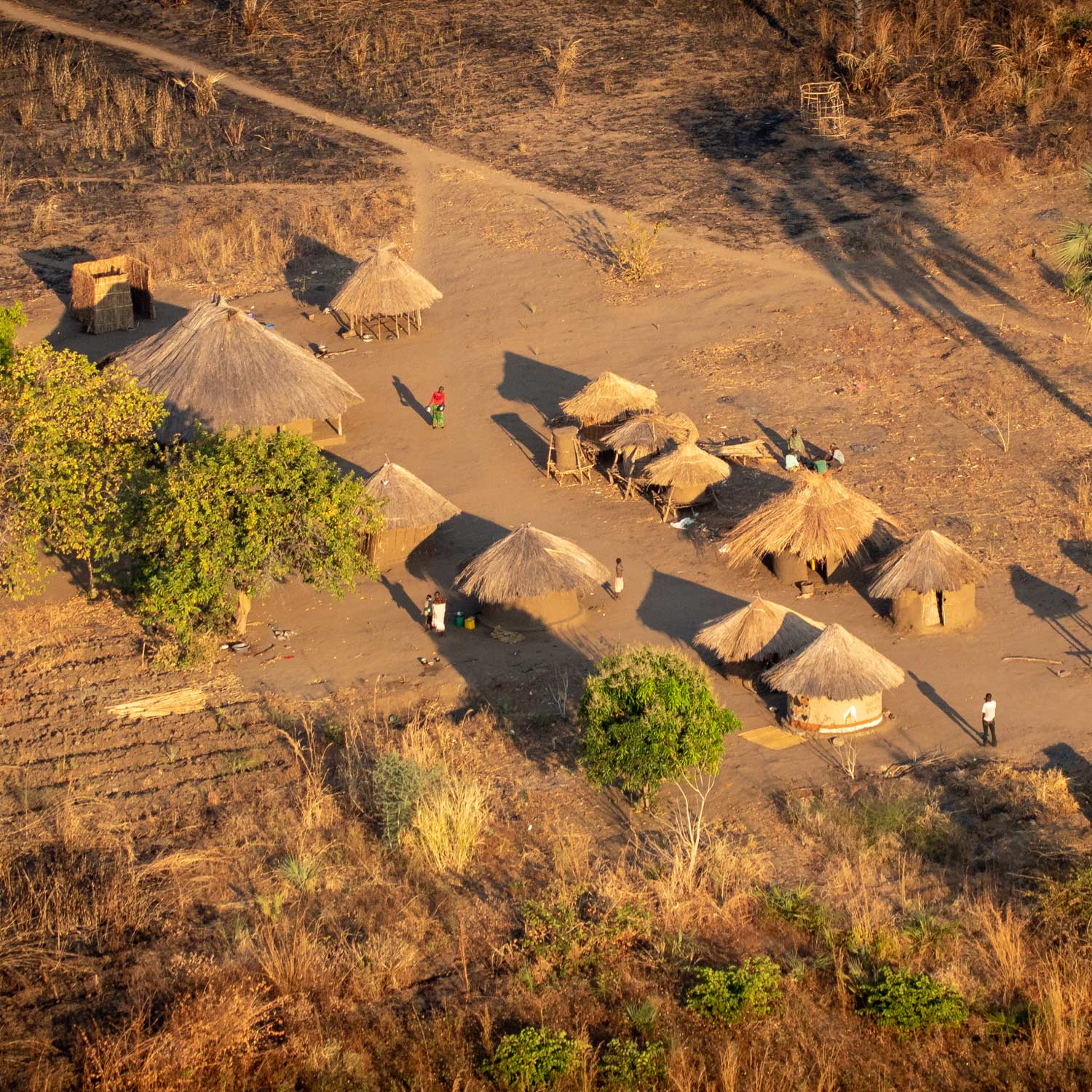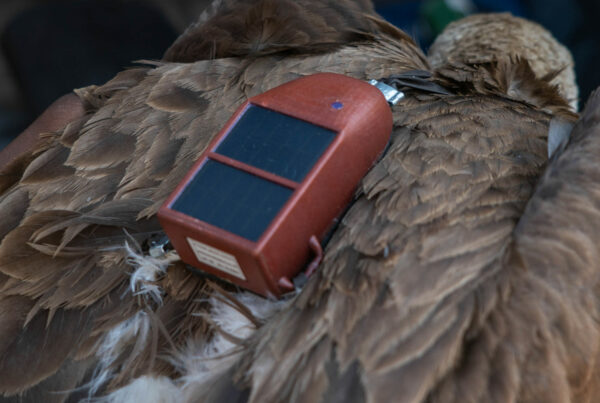A fence made of bees
Safari tourism businesses depend on a reliable supply of food to support staff and guests. To strengthen local producers, Luambe Camp has been supporting the Chitungulu Foundation since 2017 in setting up and expanding its own production of local products such as vegetables, eggs, and poultry meat. On the one hand, this creates jobs within the community, and on the other, it saves fuel costs that are incurred for trips to the nearest shopping facility, which is over 100 kilometres away.
However, following the first vegetable plantations, elephants began to raid them regularly. This made it very difficult to harvest larger quantities of undamaged vegetables.
A quick solution was provided by the fact that elephants are generally very afraid of African honey bees. Thus, the Chitungulu Foundation started to put up beehive fences, which were donated by C4C.
Along such fences, beehives are hung at intervals of about 10 metres and connected to each other with the help of a special metal chain. If an elephant touches one of the boxes or the connecting chain, the entire structure starts to swing and the bees swarm out, which in turn causes the elephants to flee.
The use of hive fences comes with numerous benefits: they are inexpensive and are constructed from lightweight, locally available materials such as wooden posts. Furthermore, they are a non-violent solution to keep elephants away from farmland, promote pollination of surrounding crops (to increase crop yields), and also enable the extraction of honey (for sale) and wax (for candle making).











